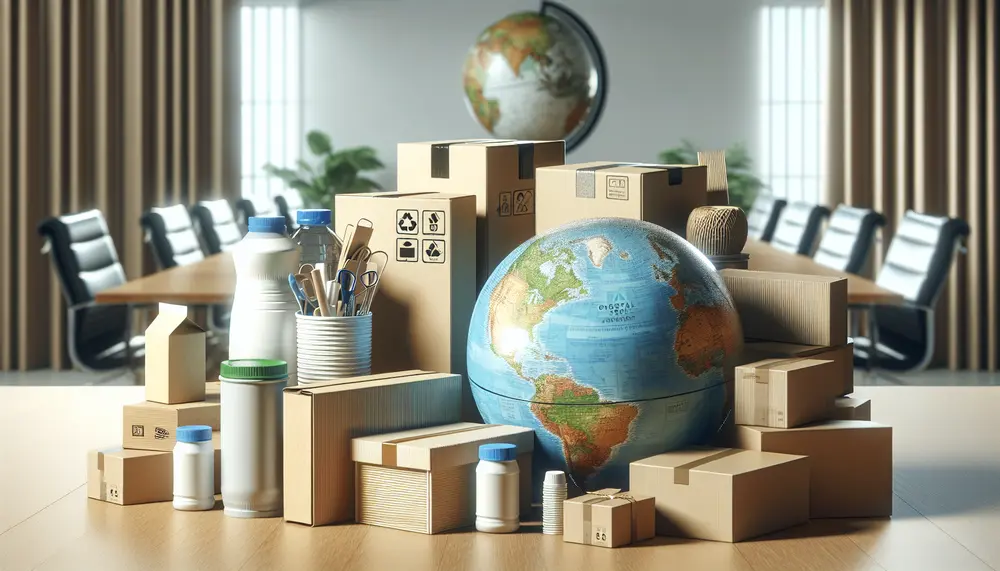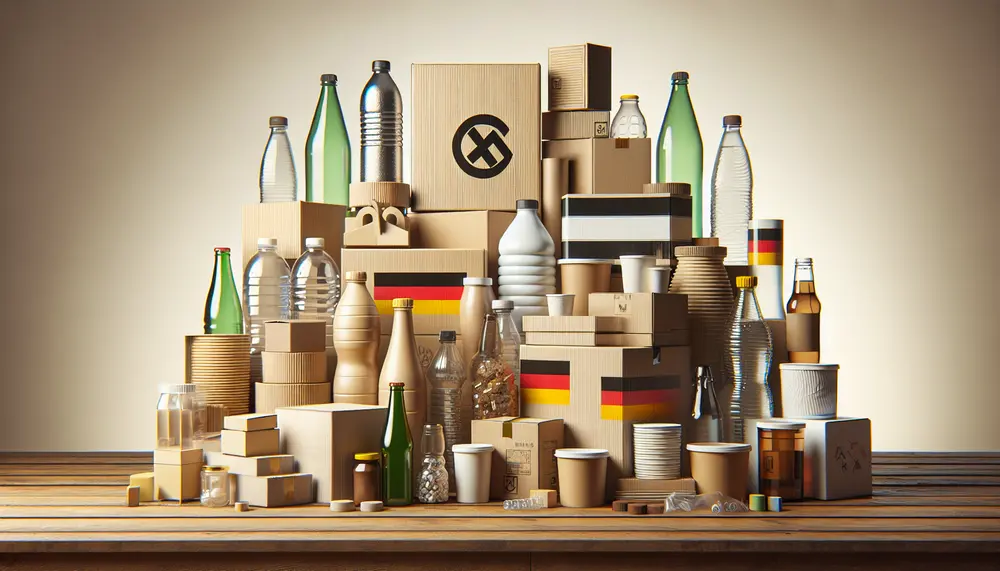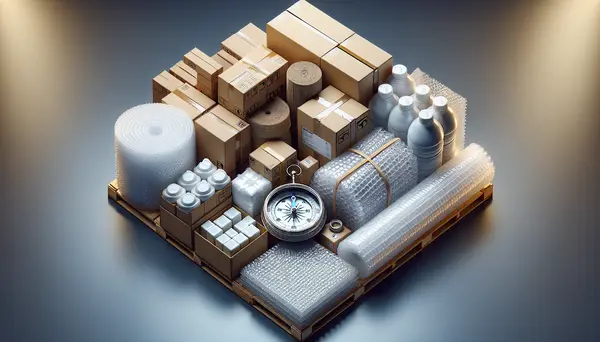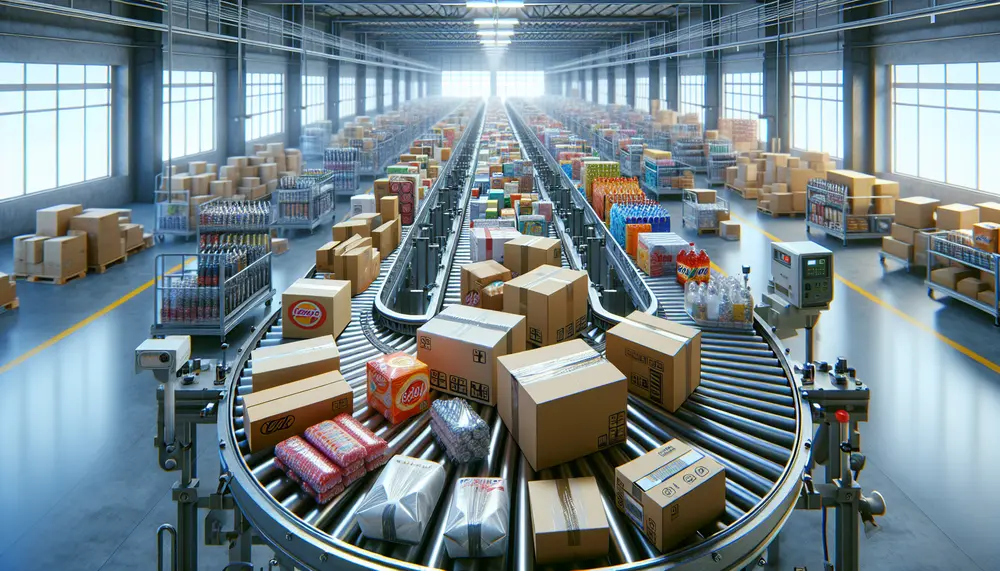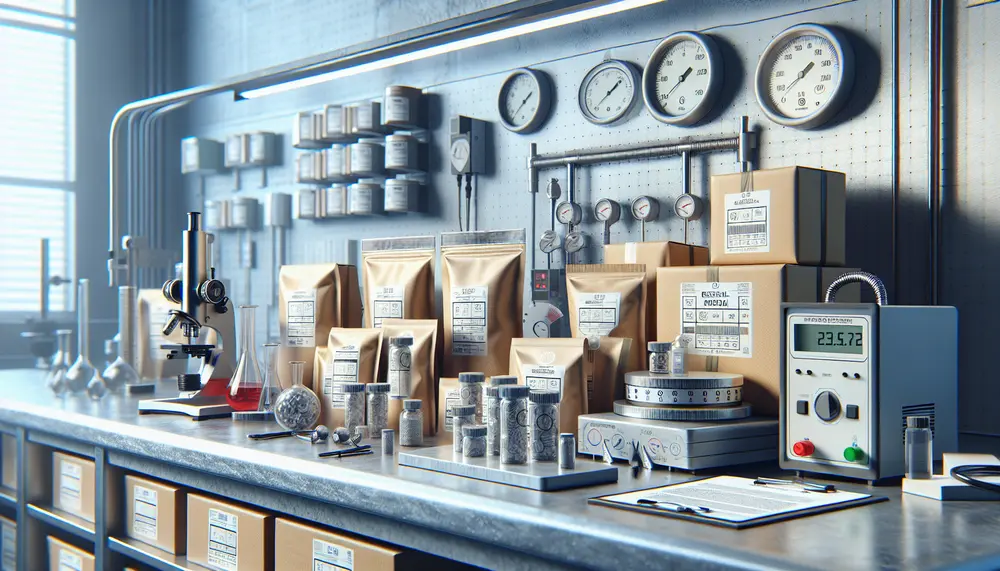Posts on the Topic Compliance
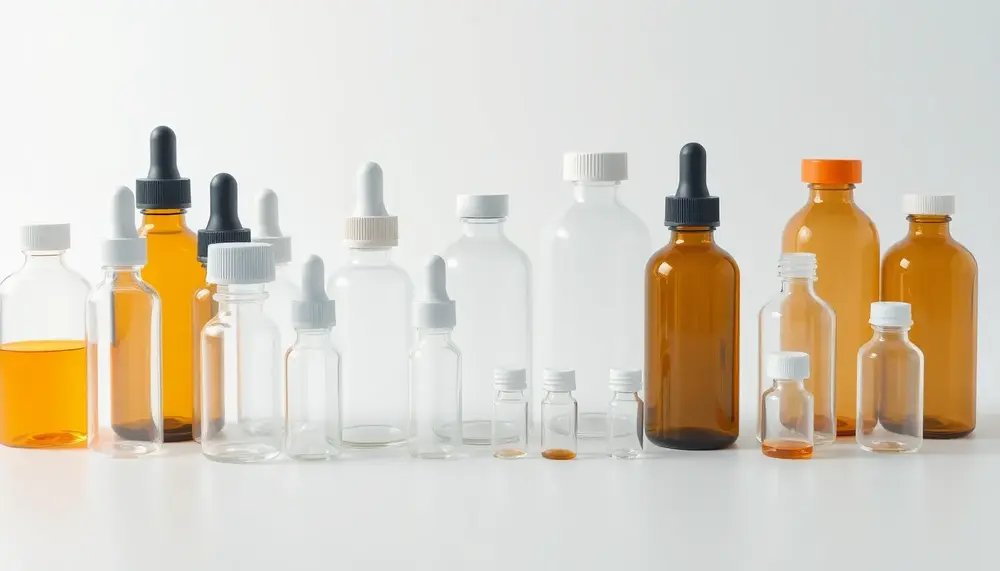
Pharmaceutical packaging bottles are designed to protect, preserve, and deliver medications effectively while ensuring safety, regulatory compliance, and user convenience. Key considerations include material compatibility, barrier properties, child-resistant features, sterility assurance, sustainability efforts like bio-based plastics or glass alternatives for...
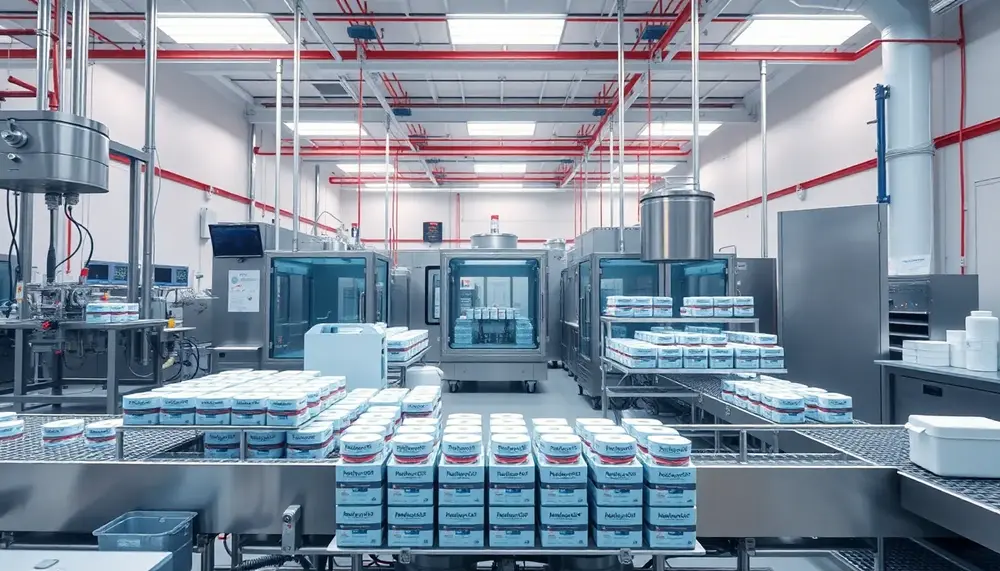
New Jersey is a leader in pharmaceutical packaging, offering innovative, sustainable solutions and leveraging its strategic location, skilled workforce, and advanced technologies. The state excels in services like cold-chain management, eco-friendly materials, serialization systems, and custom packaging while addressing challenges...
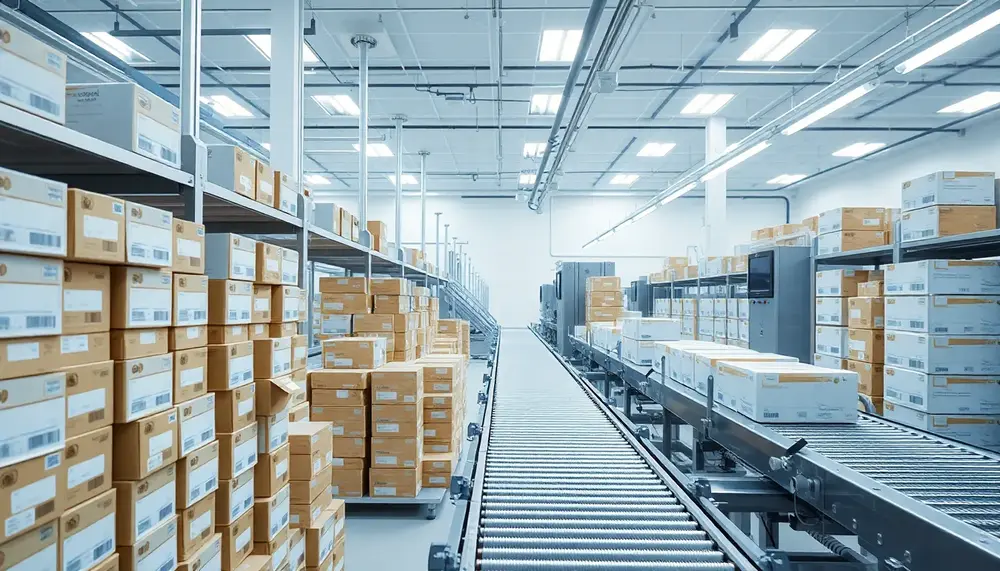
Optimizing pharmaceutical packaging orders is crucial for ensuring product safety, regulatory compliance, and operational efficiency while addressing challenges like bottlenecks, material delays, and supplier variability. By leveraging advanced technologies, streamlining supply chains, and adopting tailored strategies, companies can enhance precision,...
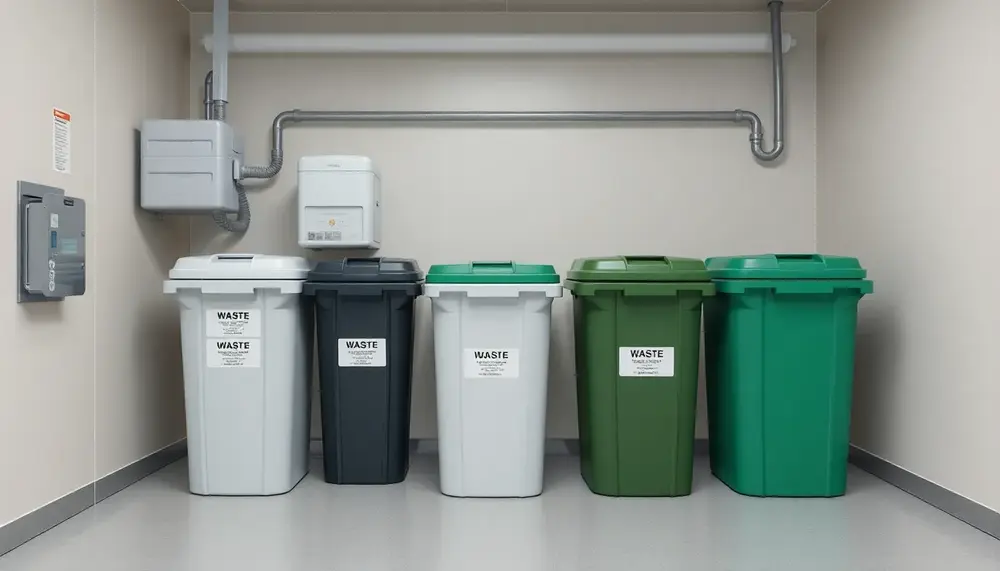
Pharmaceutical waste includes unused, expired medications that require proper disposal to prevent environmental contamination and health risks; safe disposal involves removing personal information, mixing with unpleasant substances, sealing in a durable container, and disposing of it responsibly....
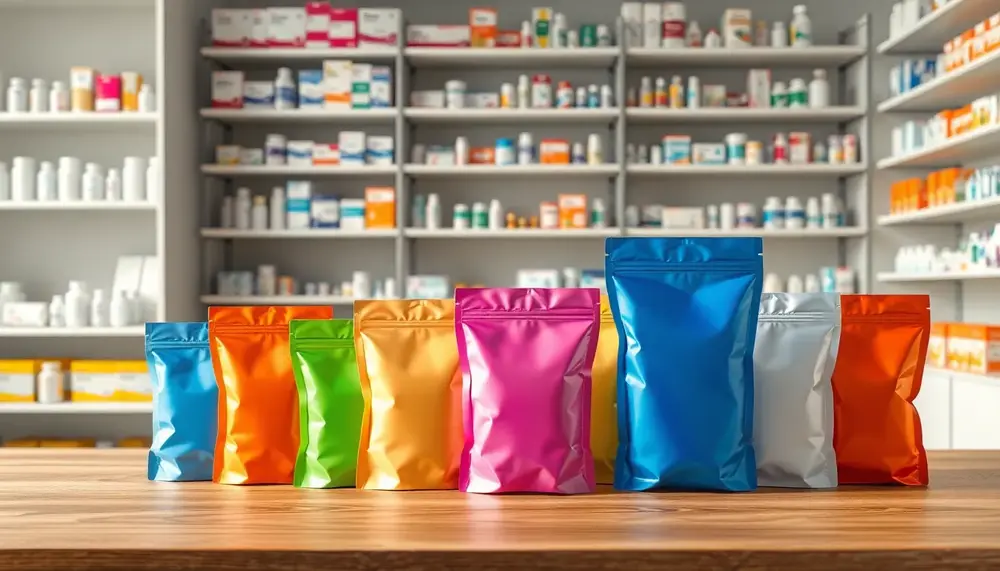
Pouch packaging in pharmaceuticals is revolutionizing the industry by offering cost-effectiveness, improved patient compliance, versatility for various product types, reduced waste, and enhanced branding opportunities. Despite challenges like initial setup costs and regulatory standards, its adaptability makes it a promising...
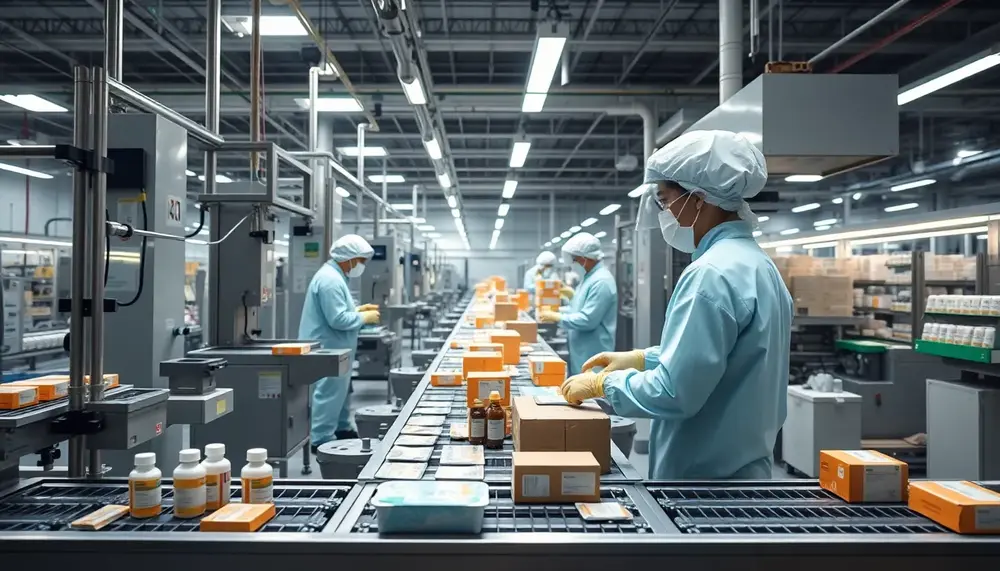
Pharmaceutical packaging training is essential for ensuring medication safety and compliance with evolving regulations, empowering professionals to innovate and manage risks effectively while enhancing career opportunities. These dynamic programs combine theoretical knowledge with practical application through interactive sessions, self-paced modules,...
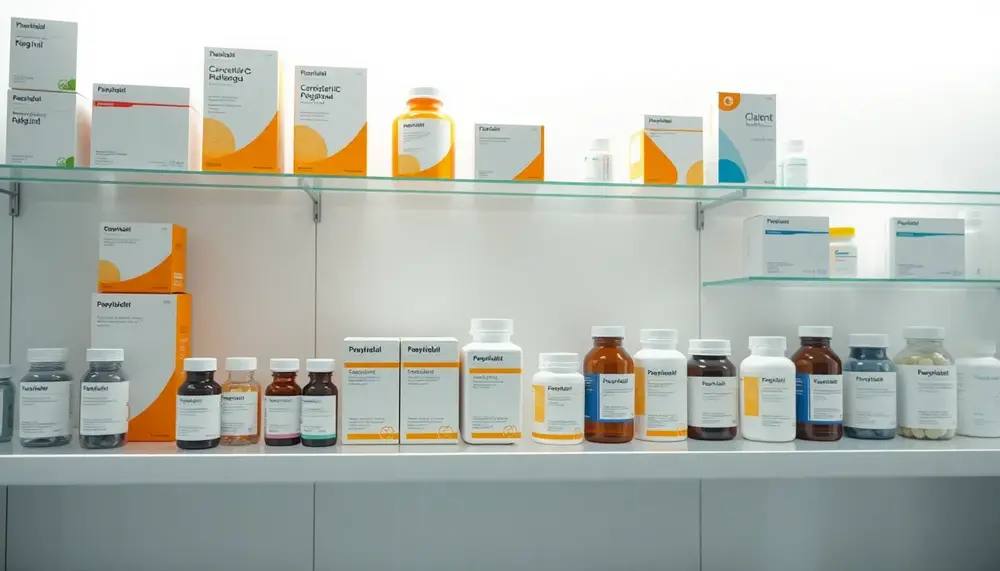
Pharmaceutical packaging is a science focused on ensuring medicines are safe, effective, and user-friendly through primary, secondary, and tertiary types using various materials while adhering to regulatory compliance. Innovations in smart technology and sustainable practices continue to evolve the field...
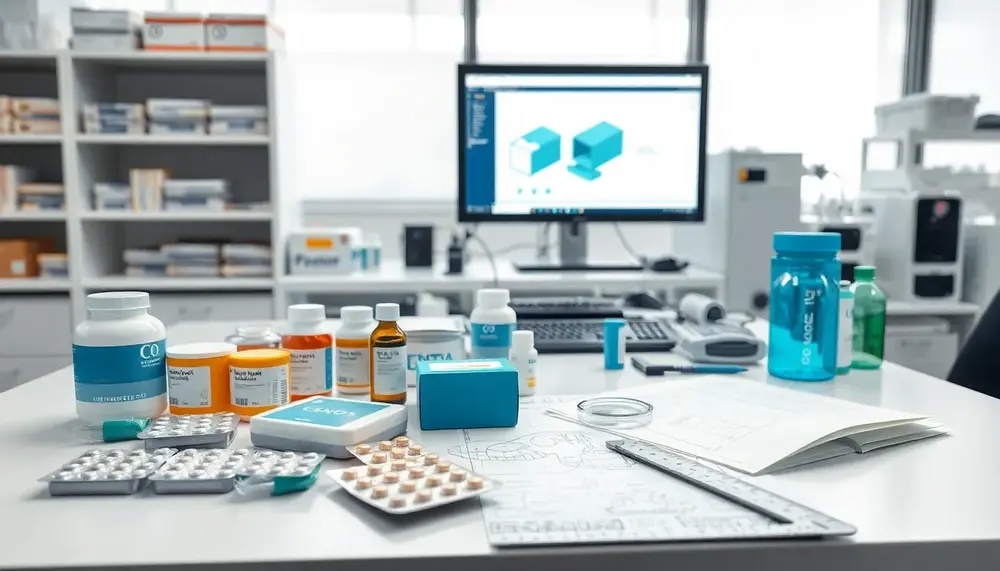
A Pharmaceutical Packaging Engineer is responsible for developing innovative packaging solutions that ensure medication safety and compliance with regulations, requiring a blend of technical expertise, creativity, and collaboration skills. The role offers significant growth opportunities in an environment focused on...
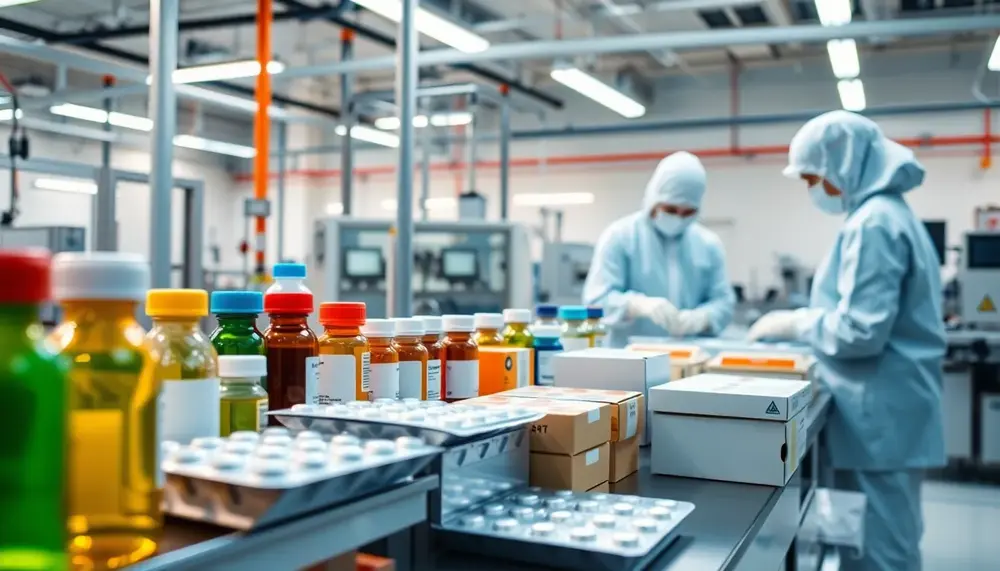
The pharma packaging industry is crucial for ensuring medication safety and efficacy, with a market valued at USD 132.0 billion in 2023, driven by global healthcare spending and chronic disease prevalence. The industry's growth involves technological advancements, sustainability challenges, regulatory...
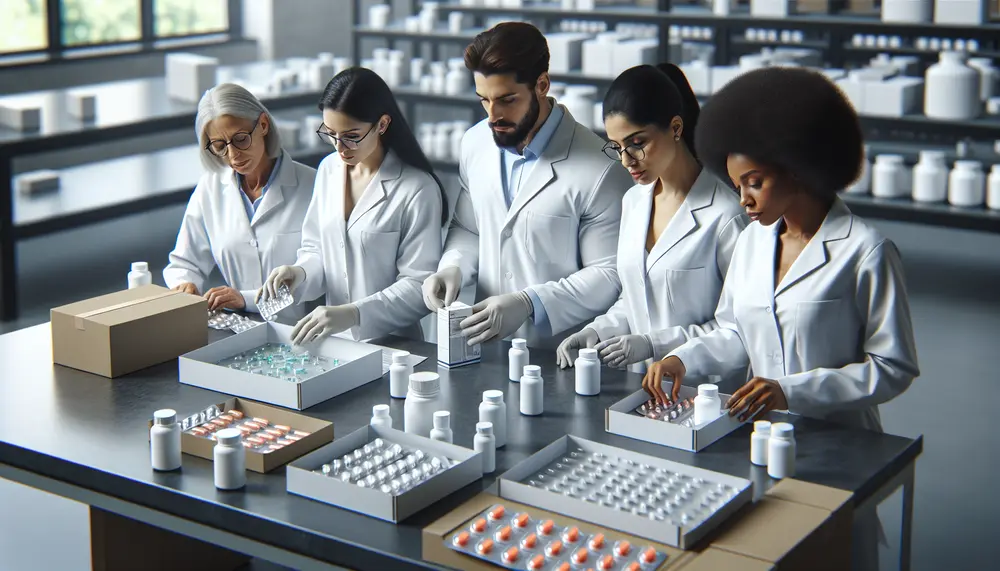
The FDA ensures drug packaging safety and efficacy through stringent guidelines on material quality, labeling accuracy, child-resistant features, tamper-evident seals, and environmental considerations. Compliance with these standards protects public health by preventing contamination and ensuring clear information is provided to...
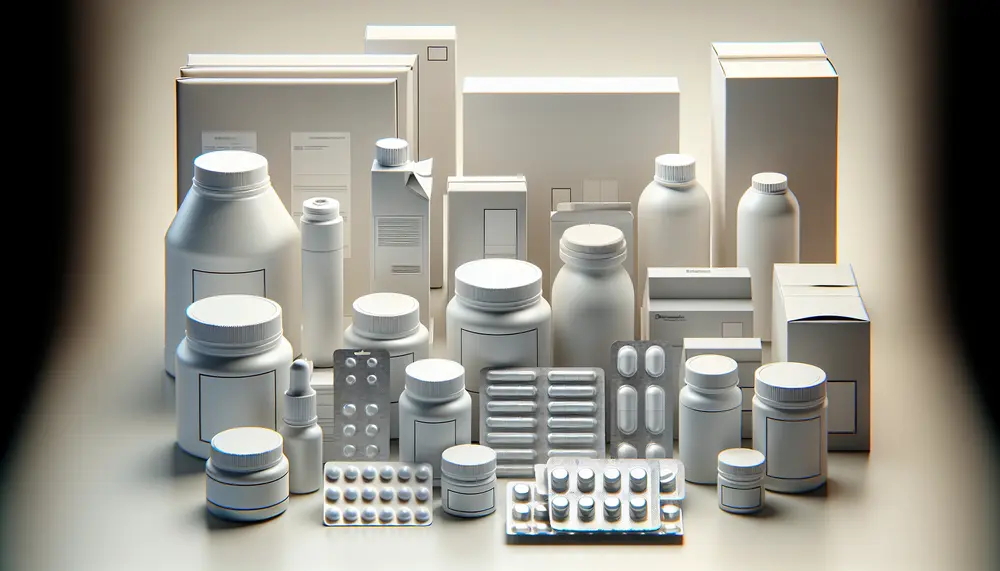
Pharmaceutical packaging is vital for ensuring medication safety and integrity, involving primary components that protect against environmental factors and secondary packaging that aids in branding and protection during transit. Technological advancements like automated inspection systems enhance quality control, while compliance...
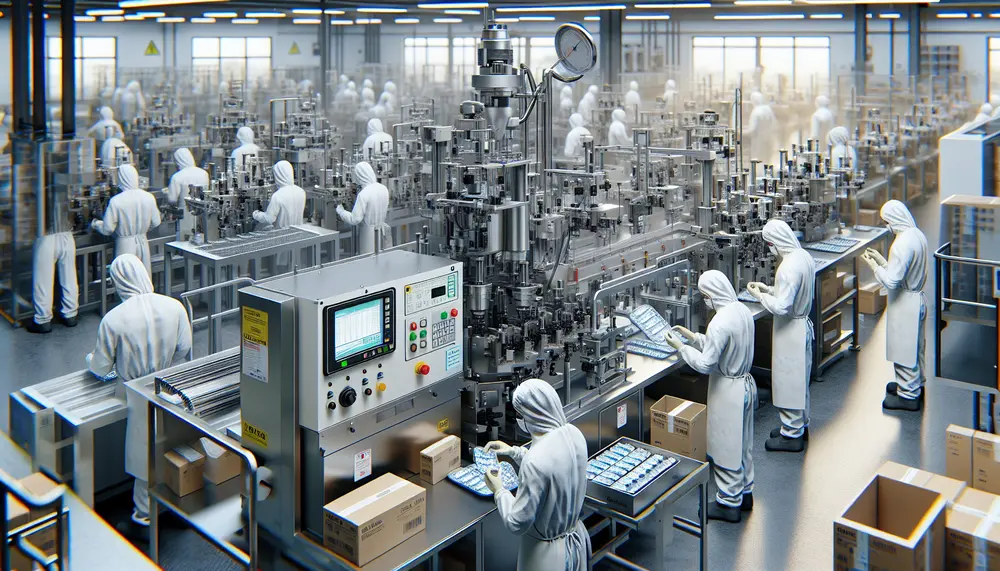
NAICS codes are essential for categorizing industries, particularly in pharmaceutical packaging, with code 325412 covering manufacturing and 561910 focusing on packaging services; understanding these distinctions aids compliance, market analysis, and strategic planning. Key industry players like Johnson & Johnson, Pfizer,...
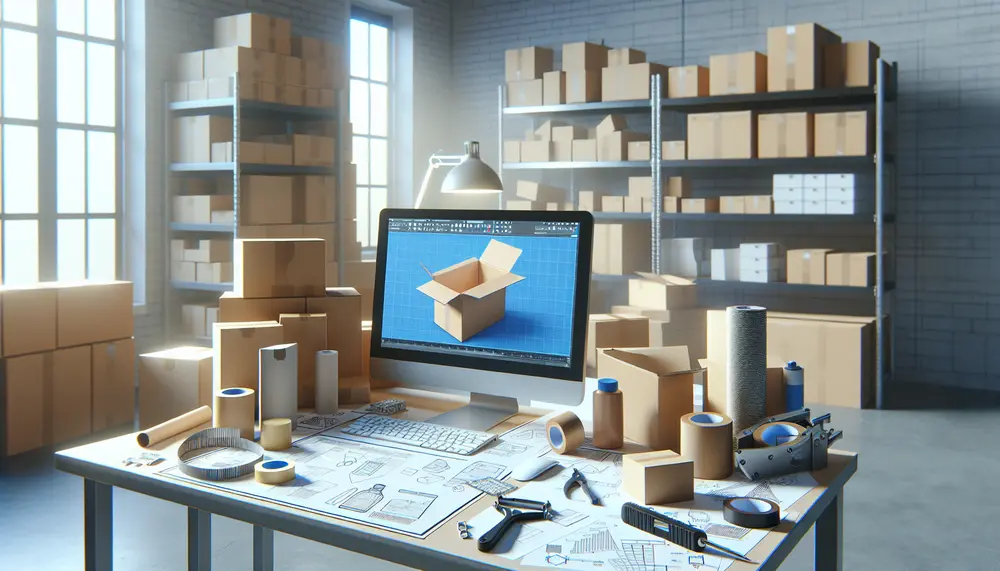
Packaging engineering combines science, technology, and creativity to develop functional and cost-effective packaging solutions that meet regulatory standards while enhancing product appeal; engineers must balance material selection, design innovation, environmental impact, and compliance with industry requirements....

Packaging engineering is a crucial field that combines science, technology, and design to create packaging solutions ensuring product safety, quality, and appeal across various industries. Packaging engineers are responsible for designing practical and attractive packaging, selecting sustainable materials, ensuring compliance...
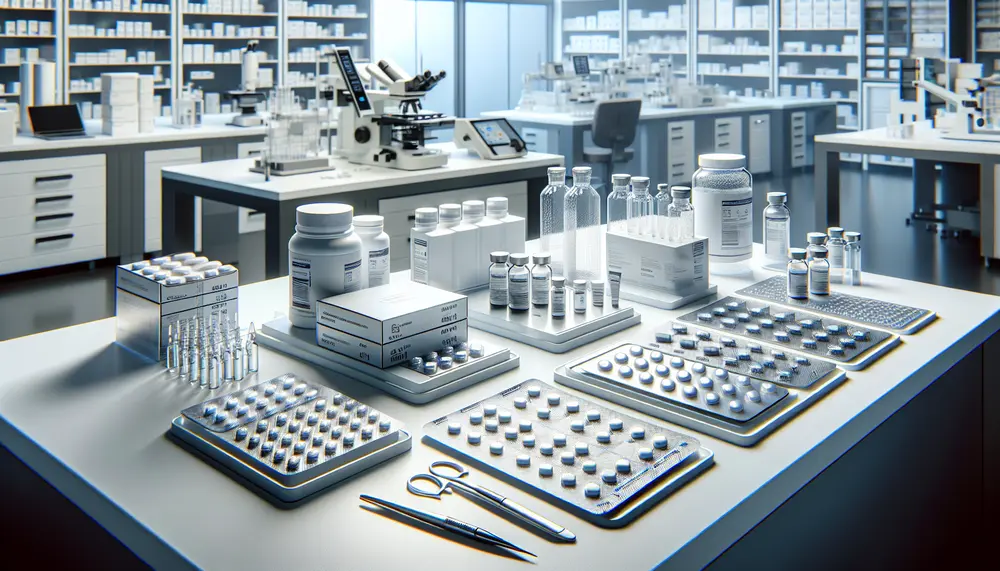
Pharmaceutical packaging solutions are essential for ensuring the safety, efficacy, and stability of medications by protecting them from environmental factors, contamination, and physical damage. The industry is evolving with advanced materials like blister packs and smart technologies such as RFID...
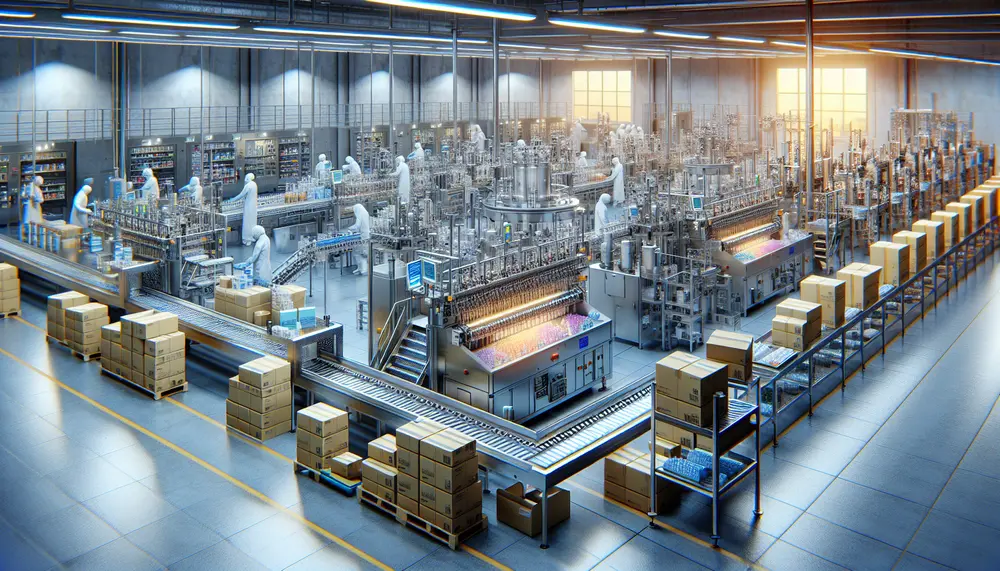
The pharmaceutical packaging value chain is essential for ensuring medications are safely delivered from manufacturers to patients, involving steps like design and development, material selection, manufacturing processes, quality control, distribution logistics, regulatory compliance, and sustainability. Each component plays a crucial...
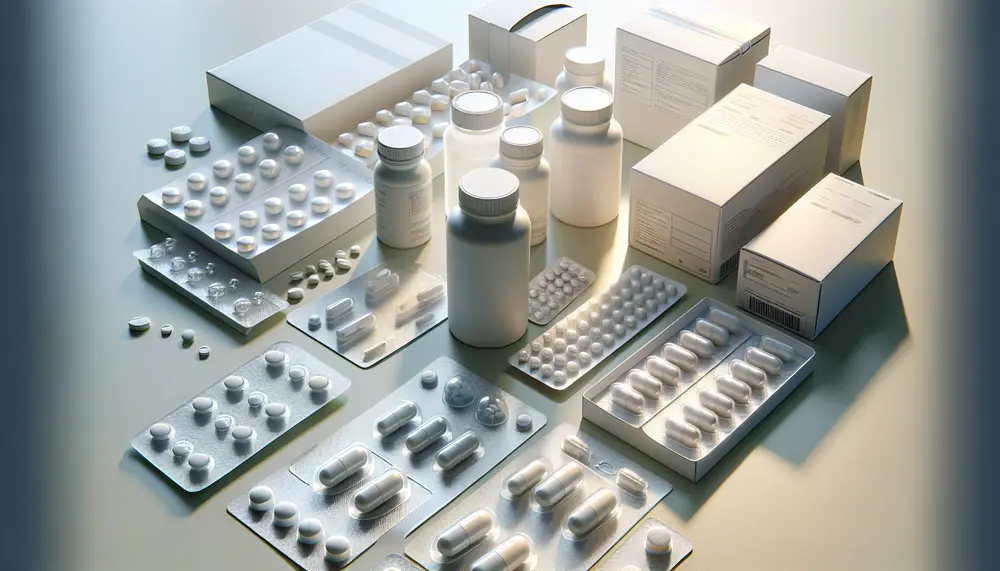
The pharmaceutical packaging HS code is essential for global trade, ensuring regulatory compliance, accurate tariff calculations, and efficient customs clearance. Understanding and correctly using the HS code helps businesses avoid delays, fines, and ensures smooth international operations by accurately classifying...
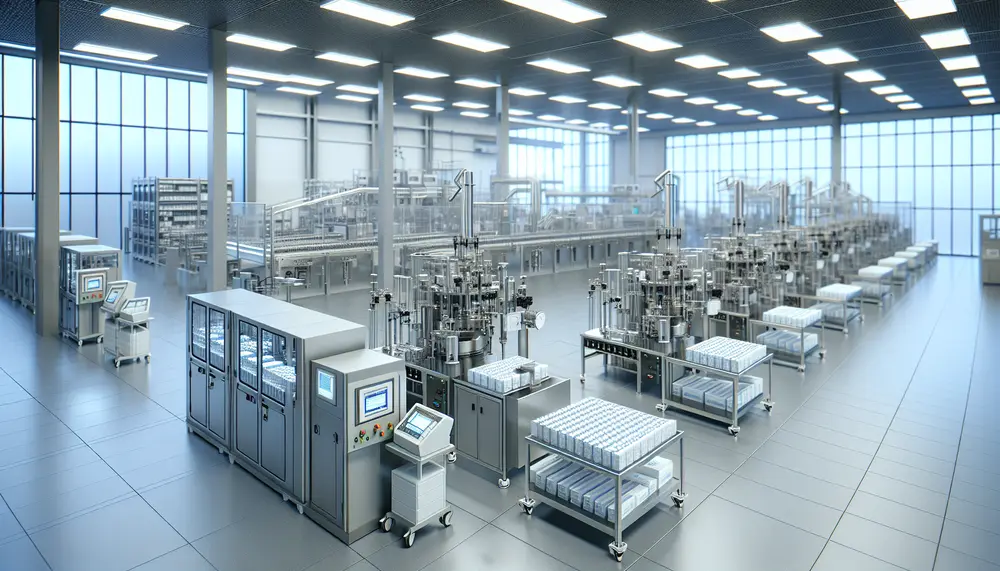
The article discusses the importance of selecting high-quality pharmaceutical packaging equipment manufacturers and profiles several leading companies in this sector. It highlights ACIC Pharmaceuticals, Körber AG, IDEX Corporation, Bosch Group, and Marchesini Group S.p.A., emphasizing their innovative solutions, global reach,...
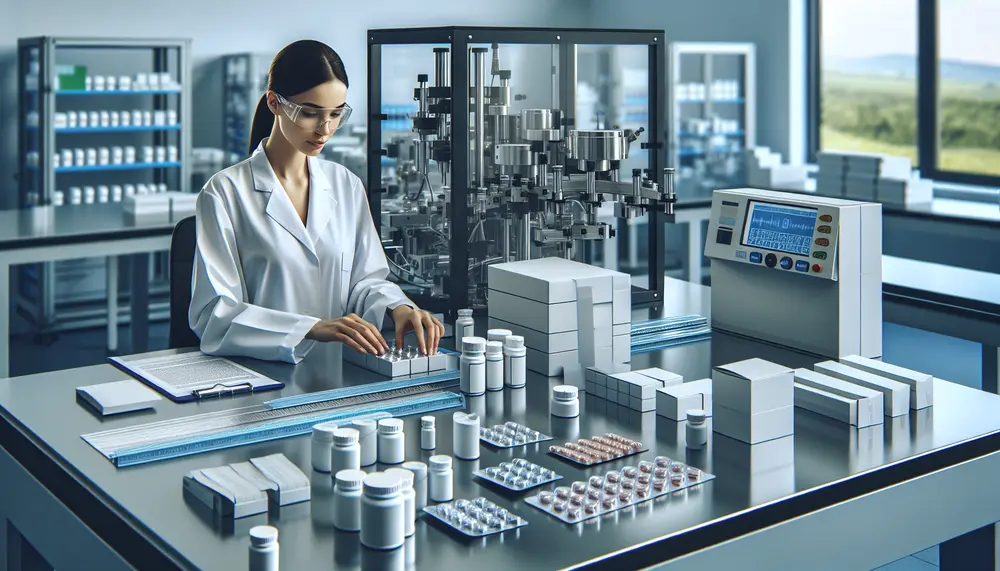
Pharmaceutical packaging engineers design and develop safe, effective packaging solutions for medications using materials like glass, plastic, and metal. Their responsibilities include ensuring regulatory compliance, conducting rigorous testing, coordinating supply chains, maintaining quality control, and developing sustainable packaging innovations such...
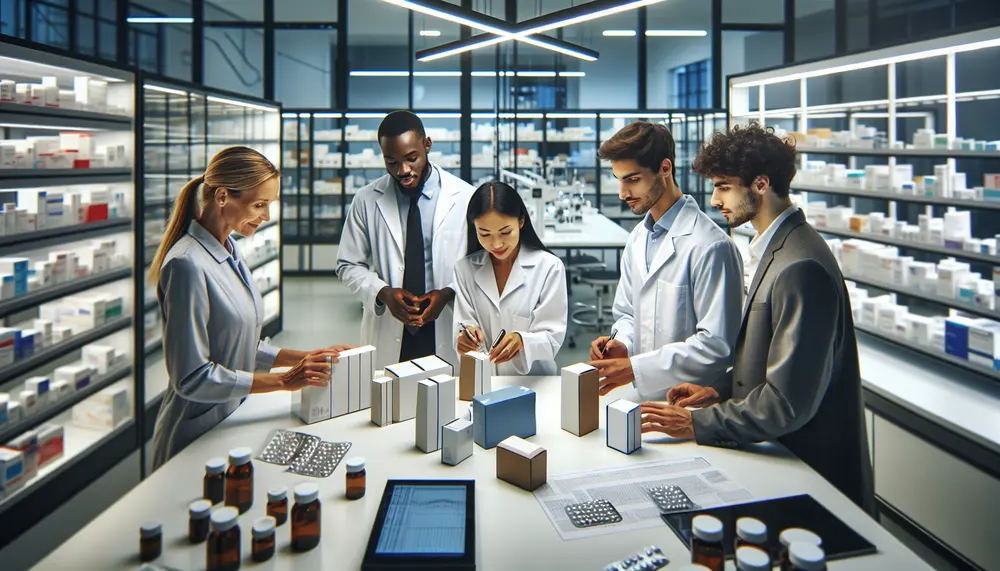
Pharmaceutical packaging professionals ensure the safe and effective delivery of medical products by designing, testing, and managing packaging processes while adhering to regulatory standards. They face challenges such as regulatory compliance, counterfeit prevention, environmental concerns, cost management, technological advancements, and...
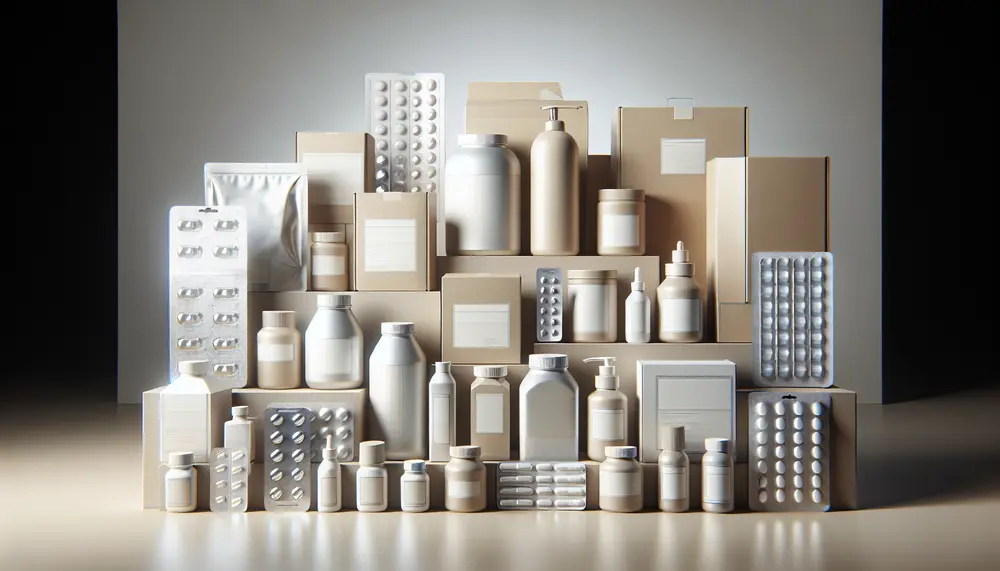
Pharmaceutical packaging and design are essential for ensuring medication safety, efficacy, and patient compliance. Effective packaging involves understanding regulatory requirements, material science, and user needs while providing protection, information, identification, convenience, and adherence to treatment plans; it must also comply...
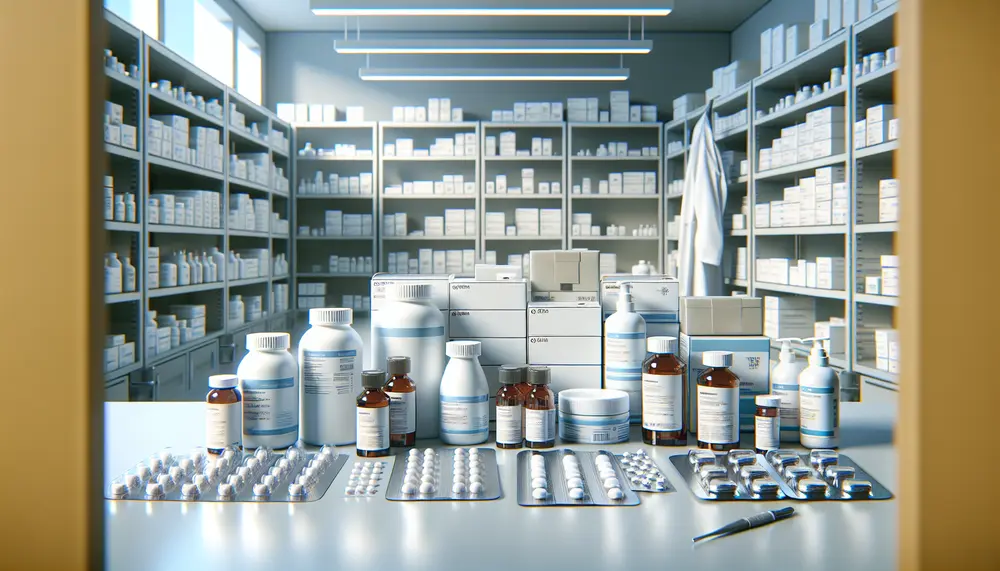
Ensuring compliance in pharmaceutical packaging is essential for product integrity, patient safety, and regulatory approval. This article outlines key guidelines from major regulatory bodies like the FDA, EMA, ICH, WHO, and USP that govern material selection, design standards, labeling requirements,...
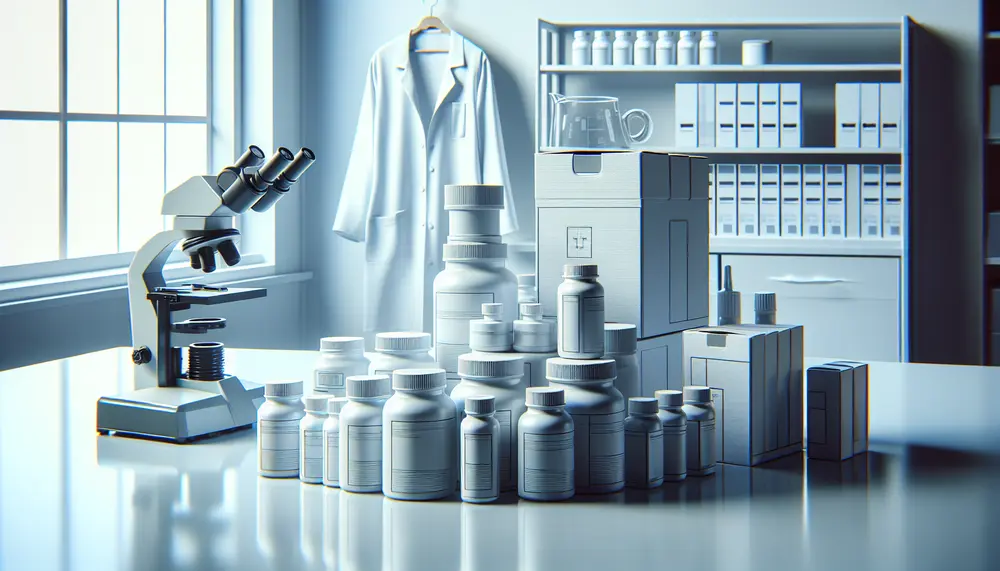
Pharmaceutical packaging work involves designing, producing, and evaluating containers for medications to ensure safety and efficiency in delivery while maintaining product integrity through considerations like barrier protection and regulatory compliance. This field faces challenges such as material compatibility, regulatory adherence,...
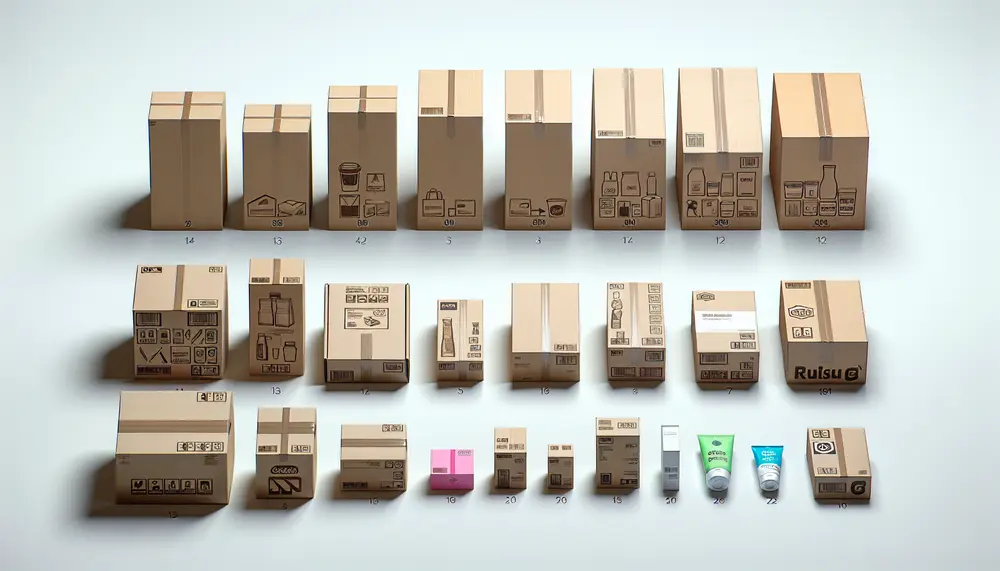
Product packaging is essential for protection, marketing, and providing consumer information; it influences brand perception and purchase decisions through design elements like color schemes. The design process involves research, feedback, prototyping, and technical considerations to ensure functionality and appeal. Choosing packaging...

Packaging foil, especially aluminum, is essential for protecting products from external elements and preserving their quality across industries. Premium foils offer superior barrier qualities, thermal insulation, improved seal strength, aesthetic appeal, and can be customized to enhance brand image. Various premium...
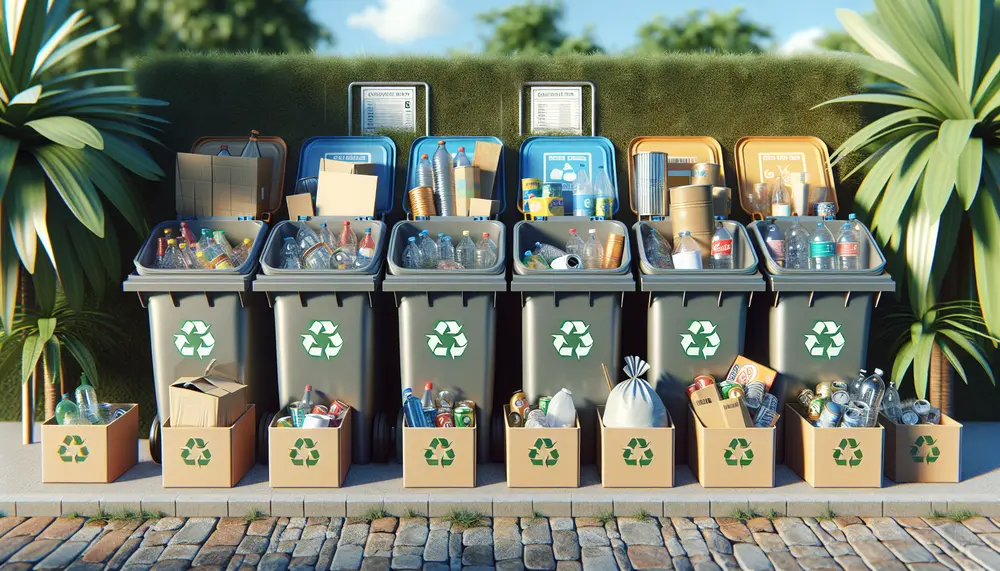
The Packaging Waste Directive (Directive 94/62/EC) is a key EU legislation aimed at reducing packaging waste by setting recovery and recycling targets, promoting sustainable design, and minimizing landfill disposal. Compliance with the directive benefits businesses through enhanced reputation, cost savings,...

Packaging innovations are crucial for meeting consumer demands, operational efficiency, and environmental responsibility; they require investment in advanced packaging strategies. Sustainable packaging solutions focus on minimizing environmental impact through biodegradable materials and efficient designs that support a circular economy. Technology plays...


